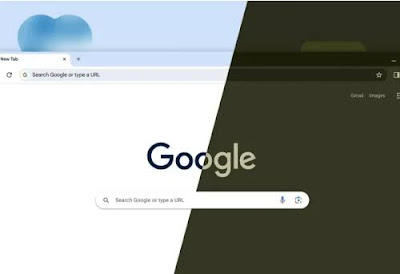According to a proposed class action settlement filed on Monday, Google agreed to erase or de-identify billions of records of web browsing data obtained when users were using its private browsing mode, or "Incognito." In addition to requiring more disclosure from the business about how it gathers data while using Incognito mode, the proposed settlement in Brown v.
Google will place restrictions on the company's ability to collect data in the future. Should a federal judge in California approve the settlement, it may cover 136 million Google users. Google account holders filed the 2020 case, claiming the corporation was improperly using the private browsing tool to track their online activities.
The proposed value of $5 billion was determined by valuing the data that Google has kept and would have to destroy, as well as the data that it would not be allowed to collect. This information was stated in a court filing on Monday. Data gathered in private browsing mode starting in December 2023 would require Google to address.
For any data that cannot be completely removed, de-identification is required. "In the proposed settlement filing, the plaintiffs stated that this settlement guarantees genuine accountability and transparency from the largest data collector globally, and represents a significant advancement toward preserving and enhancing our online privacy rights."
According to a statement from Google's spokesperson José Castañeda, the business is "pleased to settle this lawsuit, which we always believed was meritless." Despite the fact that the plaintiffs initially requested damages in the amount of $5 billion, which they valued the proposed settlement at, Castañeda stated that they are “receiving zero.” Even though individuals can make claims, the settlement does not include damages for the class.
Castañeda went on, "When users use Incognito mode, we never associate data with them." "We are pleased to remove outdated technical data that was never used for personalization purposes and was never linked to an individual." adjustments to Google's disclosure of the limitations of its private browsing services are part of the deal, and the corporation has started implementing these adjustments on Chrome. In order to prevent Google from tracking users on external websites while they are browsing privately, Google also consented to allow users to ban third-party cookies by default in Incognito mode for a period of five years.












No comments